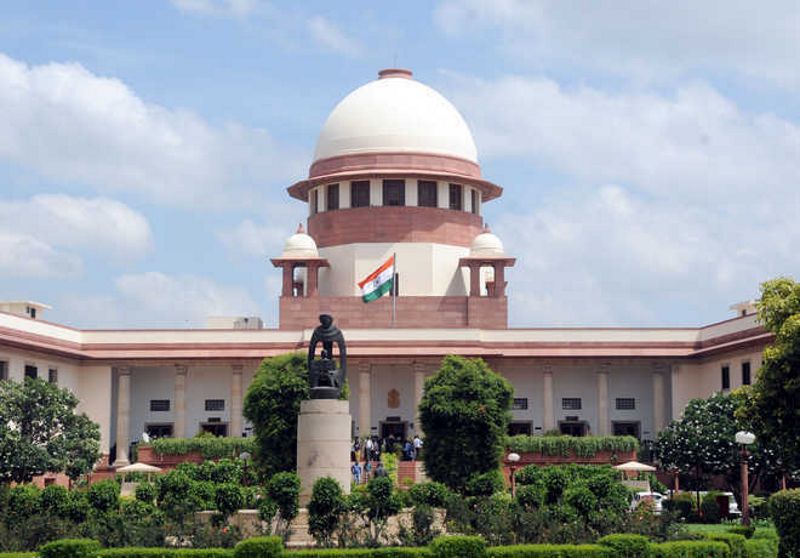The Supreme Court overruled a trial judge’s order directing Bloomberg to remove its article on SEBI’s investigation into ZEE. The apex court provided guidance on how courts should decide pre-trial injunctions against media organizations.
Critique of Trial Court’s Decision
- The trial court applied a three-pronged test for injunctions but lacked detailed reasoning.
- The Supreme Court criticized the mechanical application of the test and emphasized the need for detailed justifications.
Additional Factors for Consideration
- Courts must balance free speech rights with the right to reputation in defamation cases.
- Delhi High Court should have considered the impact on free speech before upholding the injunction.
Concerns about SLAPP Suits
- SLAPP suits are used to silence media or civil society from discussing matters of public interest.
- Injunctions can act as a “death sentence” to material sought to be published.
- Courts should be vigilant against prolonging litigation to stifle free speech.
International Context and Anti-SLAPP Laws
- Anti-SLAPP laws protect journalists and media from harassment tactics.
- European Parliament adopted the Anti-SLAPP Directive to dismiss unfounded cases, place costs on litigants, and compensate victims.
Case Background
- Bloomberg’s article alleged financial misconduct by ZEE, leading to a defamation suit.
- ZEE claimed economic harm due to the article’s impact on its stock price.
- Trial court granted an injunction, upheld by Delhi High Court, prompting Bloomberg’s appeal to the Supreme Court.
Multiple Choice Questions (MCQ):
- What action did the Supreme Court take regarding Bloomberg’s article on SEBI’s investigation into ZEE?
- A) Upheld the trial judge’s order
- B) Directed Bloomberg to remove the article
- C) Overruled the trial judge’s order
- D) Requested further investigation by SEBI
- What criticism did the Supreme Court level against the trial court’s decision regarding pre-trial injunctions?
- A) Lack of detailed reasoning
- B) Excessive reliance on media reports
- C) Failure to uphold free speech rights
- D) Bias towards media organizations
- What is the purpose of SLAPP suits?
- A) To protect journalists and media organizations
- B) To promote freedom of expression
- C) To silence discussion on matters of public interest
- D) To expedite defamation trials
- Which legislative body adopted the Anti-SLAPP Directive?
- A) United Nations
- B) European Parliament
- C) Supreme Court of India
- D) American Congress
- What impact did Bloomberg’s article allegedly have on ZEE?
- A) Increased stock prices
- B) Economic suffering due to stock price decrease
- C) Legal victory in defamation trial
- D) Improved reputation
